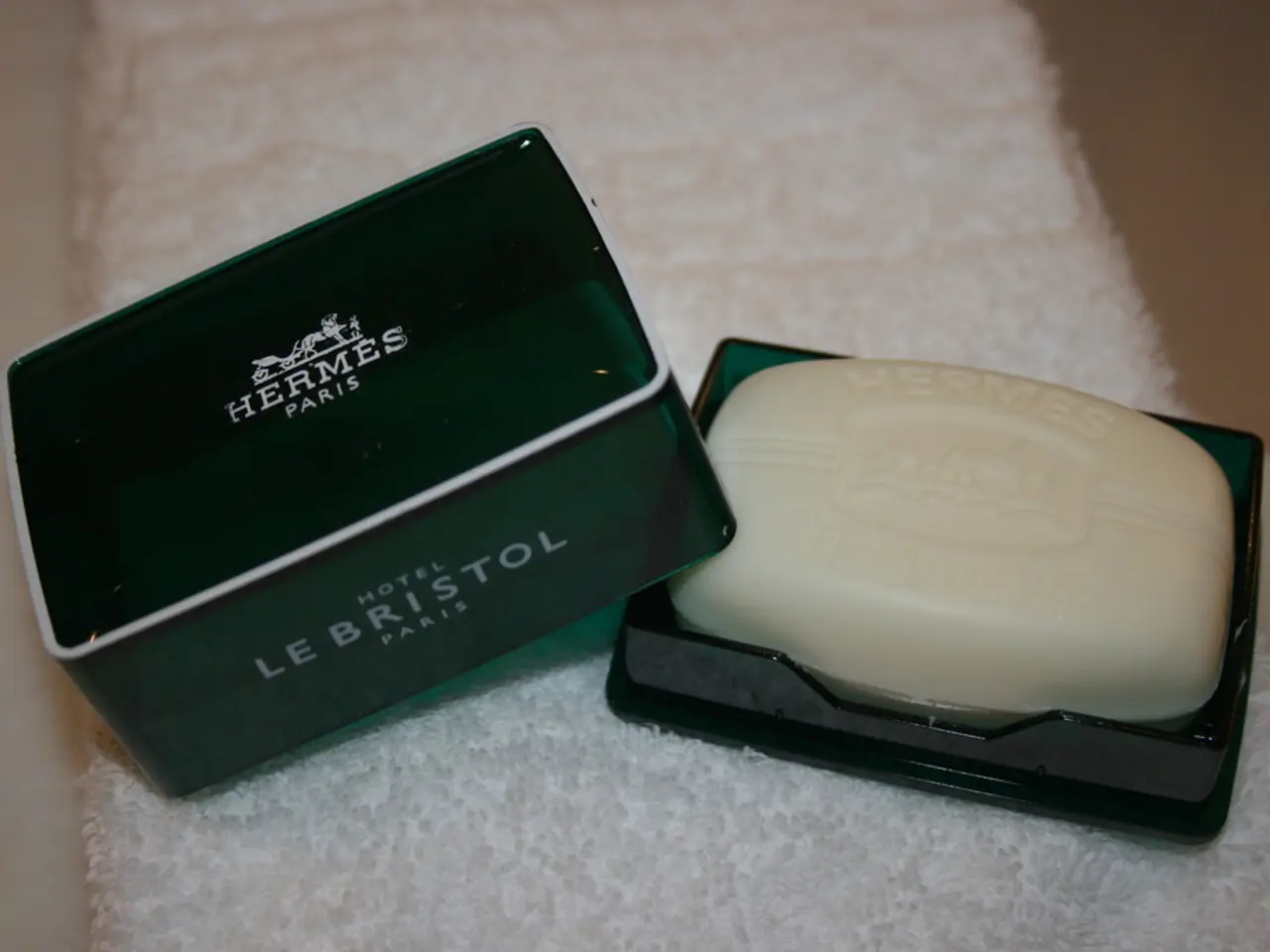Not all linen fabrics carry the same qualities and characteristics when it comes to texture, quality, and durability.
In the realm of textiles, organic European linen stands out as a beacon of purity, quality, and ethical commitment. Our website offers a unique range of GOTS-certified bedding, made from flax grown without any chemical contamination and processed using traditional, chemical-free methods.
The transformation from flax to linen begins with the retting process, where flax stems separate from the linen fiber. On our site, this process is carried out naturally, either through dew retting in northwestern Europe or in tanks in regions unsuitable for dew retting. This method is not only environmentally friendly but also ensures the preservation of natural fiber integrity.
Chemical retting, on the other hand, is a common practice in many conventional linens. This process, which involves the use of acids or enzymes, can leave residues and potentially pollute water sources. In contrast, our organic European flax linen never comes into contact with harmful chemicals, ensuring a safer and cleaner production process.
The absence of chemical contamination extends to the dyeing process. Our linen is dyed using OEKO-TEX® Standard 100 certified non-toxic dyes or no dyes at all in some collections, ensuring no chemical residues or irritants remain in the fabric. This commitment to chemical-free production sets our organic European linen apart from many non-organic linens or those from other parts of the world.
Ethically, our linen is sourced exclusively from Belgium and France, regions with centuries of expertise and a commitment to environmentally responsible practices. The linen is then spun, woven, and hand-sewn in Portugal, a country renowned for its artisanal craftsmanship and ethical manufacturing. This focus on worker welfare and sustainability is a stark contrast to some linen sources worldwide where labor or environmental standards may be less rigorous.
In addition to its environmental and ethical benefits, organic European linen is grown without the use of pesticides, weedkillers, or fertilizers. This eliminates the risk of nitrate fertilizer contamination of groundwater, a potential cause of "Blue baby syndrome," a potentially fatal condition.
Our website encourages customers to share their thoughts on buying organic and the certifications they look out for on social media platforms like Instagram, Pinterest, Facebook, and Twitter. By choosing organic European linen, you are not only making a sustainable choice for the environment, but you are also supporting fair working practices in the textile industry.
In a world where sustainability and ethics are increasingly important, organic European linen from our website offers a superior choice. Its virtually zero chemical contamination, traditional, chemical-free mechanical retting and processing, and strong ethical commitments make it a standout option compared to non-organic or non-European linen.
Our website compassionately aligns organic European linen with the realms of lifestyle, fashion-and-beauty, home-and-garden, and education-and-self-development, as it embodies a commitment to natural, chemical-free materials, ethical production, and environmental preservation. This choice, also a beacon of personal-growth, encourages customers to engage in conversations about buying organic on social media platforms, fostering a community of conscious consumers.




